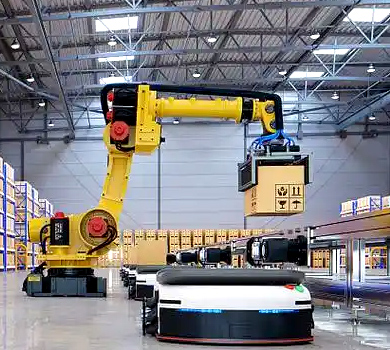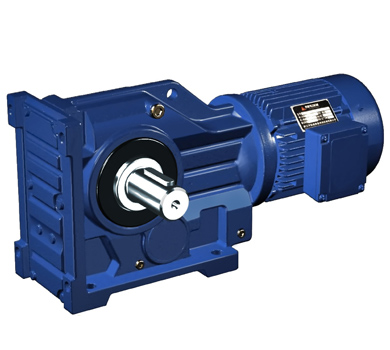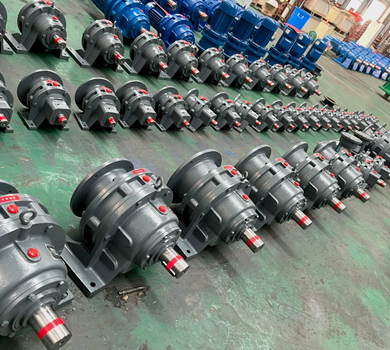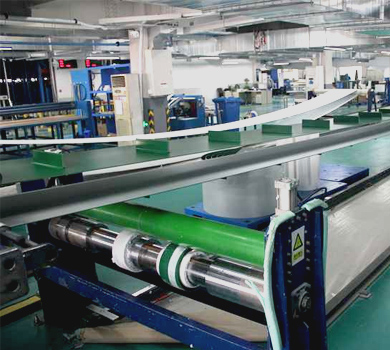Industry Challenges and Pain Points Analysis:
The medical device automatic line, specifically the bottle filling and capping conveyor system, represents a high-precision and high-reliability industrial automation niche. These systems are typically composed of bottle feeding mechanisms, high-speed filling units, capping heads, and conveyor belts that synchronize with precision to ensure efficient operation. Current industry trends emphasize miniaturization of equipment, integration of smart control systems, and compliance with stringent hygiene and validation standards.
However, the industry faces several technical and operational challenges. In the area of transmission systems, conventional solutions often fall short in terms of dynamic performance and stability. Equipment downtime due to mechanical failure can lead to significant production losses, and frequent maintenance disrupts workflow and increases costs. Energy efficiency is also a growing concern, as companies aim to reduce operational expenses and carbon footprints. Moreover, space constraints in modern production lines require more compact and modular design options for drive components.
Key Role and Technical Requirements of Gear Reducers:
In the medical bottle filling and capping conveyor system, the gear reducer is a critical component that directly affects the performance of the machine. The core requirements include high torque density to handle fast motion and heavy loads, precise transmission to ensure synchronization between multiple axes, and rapid response for high-speed production cycles. Compatibility with various motor and actuator types is also essential to allow system flexibility and scalability.
From an engineering standpoint, gear reducers must also demonstrate excellent environmental adaptability. In cleanroom environments, they must meet high IP ratings and be resistant to sterilization processes such as steam and UV exposure. A long service life and low maintenance frequency are crucial to reduce overall ownership costs and enhance system availability.
Waimica's Mechanical Stepless Transmission (MST) Gear Reducer Solution:
Waimica's MST gear reducer is specifically engineered to address the unique needs of medical automation systems. The following features demonstrate how Waimica's solution directly aligns with industry requirements:
- Compact and Modular Design: The MST is designed with a minimal footprint and modular architecture, enabling seamless integration into tight spaces and adaptable mounting options.
- High Torque and Precision: It provides a wide torque range (10-500 Nm) and high transmission accuracy (±0.5 arcmin), ensuring consistent performance across high-speed operations.
- Energy Efficiency and Durability: With an efficiency of up to 90%, Waimica's MST reduces power consumption while maintaining a service life of over 20,000 hours under continuous operation.
- Adaptability to Special Environments: The MST can be configured to meet IP67 standards and operates reliably in cleanroom and high-temperature conditions.
Performance Comparison Table:
| Parameter | Waimica MST | Leading Brand A | Leading Brand B |
|---|---|---|---|
| Torque Range | 10-500 Nm | 15-550 Nm | 12-600 Nm |
| Transmission Accuracy | ±0.5 arcmin | ±0.3 arcmin | ±0.5 arcmin |
| Efficiency | Up to 90% | Up to 85% | Up to 88% |
| Mounting Flexibility | Modular and user-friendly | Standard configurations | Limited options |
| IP Rating | IP67 | IP66 | IP65 |
| Service Life (continuous operation) | >20,000 hours | >15,000 hours | >18,000 hours |
| After-sales Support | 24/7 global technical support | Regional service only | Standard local support |
Typical Application Scenario and Customer Feedback:
A leading European medical device manufacturer requested a high-precision transmission solution for their new automated capping line. The system required synchronized motion control of the capping head and bottle conveyor with minimal vibration and high torque output.
Waimica's technical team conducted a site survey to understand the specific motion profiles, load conditions, and environmental constraints. They selected the MST model based on the required torque, precision, and cleanroom compatibility. Waimica provided custom engineering services, including adapter design for motor integration and thermal management for high-temperature sterilization processes.
Post-implementation results showed a significant improvement in system performance. The MST reduced downtime by 40% and increased machine availability by 25%. Maintenance intervals were extended by 60%, and the customer reported high satisfaction with the seamless integration and performance stability under continuous operation.
| Performance Parameter | Before Waimica | After Waimica | Improvement |
|---|---|---|---|
| System Downtime | 15% per month | 9% per month | 40% reduction |
| Machine Availability | 85% | 92.5% | 7.5% increase |
| Maintenance Interval | 100 hours | 160 hours | 60% extension |
| Energy Consumption | 18.5 kWh/hour | 16.7 kWh/hour | 10% reduction |
Conclusion and Waimica Brand Value Summary:
Waimica's MST gear reducer delivers a robust, high-precision solution tailored to the demands of medical automation systems. The product excels in torque density, environmental adaptability, and modular design, while maintaining cost efficiency and competitive performance. As a premium "Made in China" solution provider, Waimica is proving its ability to replace traditional international brands in high-end applications.
With the ongoing trend of automation and digitalization in the medical manufacturing sector, Waimica is committed to continuous innovation and long-term partnerships. We offer not only high-performance transmission systems but also end-to-end technical support and customized engineering solutions to meet the evolving needs of our global clients.







